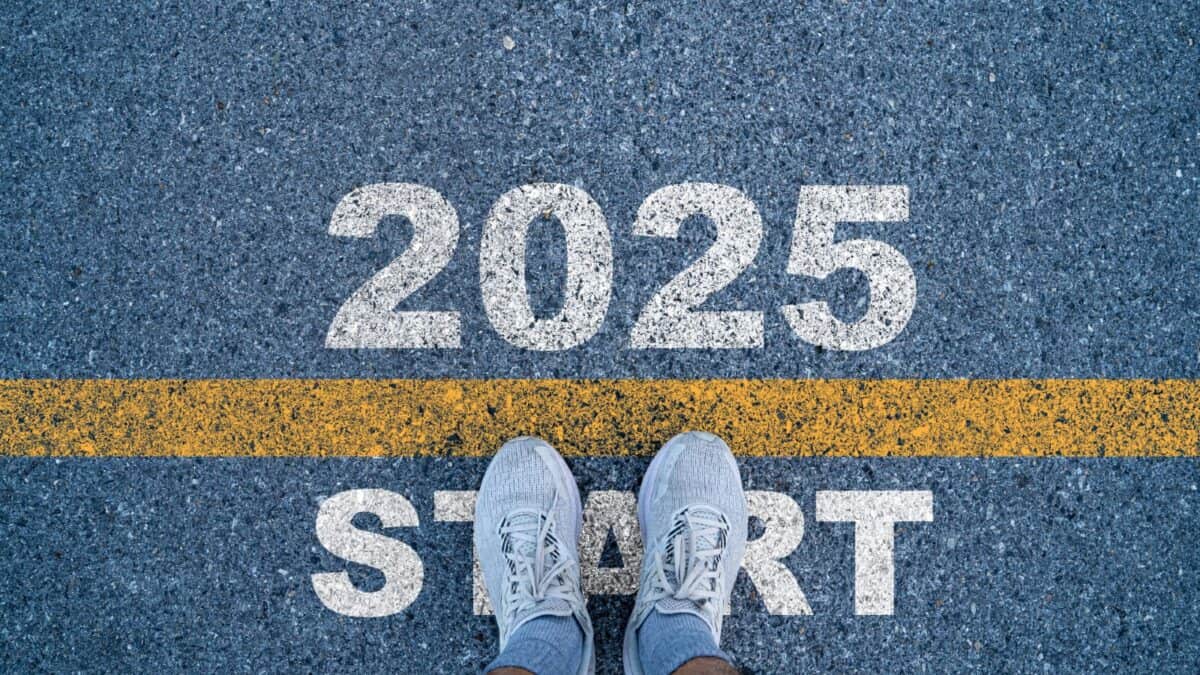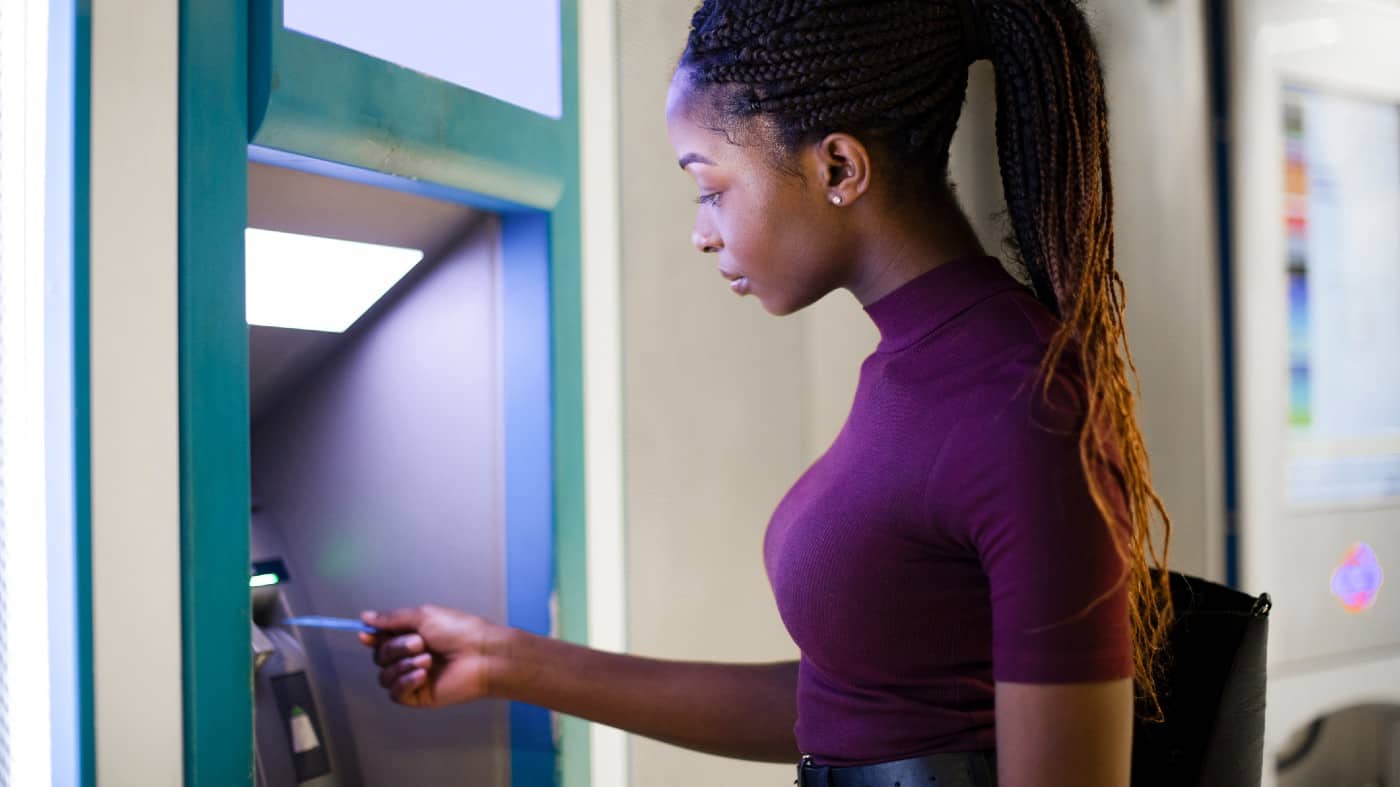Image source: Getty Images
The FTSE 100 has finally broken through 8,000 points in 2024. But it still looks like good value to me.
The index is home to some shares on very low forecast price-to-earnings (P/E) ratios, like International Consolidated Airlines, at less than five.
And there are some big dividend yields, like Phoenix Group Holdings on 10%, and M&G at 9.5%.
The trick to earning some top passive income is to find the stocks that are set to make us the best returns in the years ahead, right? Well, no, not necessarily.
Buy them all
What if we just buy them all? What I mean by that is to put our money into a FTSE 100 index tracker. That’s a fund that just follows the index, either by clever computer work or by buying shares in all of them.
Over the long term, the FTSE 100 has produced average total annual returns of close to 7% per year.
So, by setting up a regular investment into my ISA to buy tracker fund shares, how soon might I build up to £1,000 per month?
16 years
I’d need to reinvest my dividends (or buy a tracker that automatically does that for me) to get the most.
And, if I can invest £500 a month, I could reach my goal in 16 years. At least, I could reach a pot of over £173,000, enough for that 7% return to pay the money.
Now, total returns could be tricky. A lot of FTSE 100 stocks pay small, or no, dividends. So it would mean selling some shares every year to actually pocket the 7%.
But, what could I do from dividends alone?
Dividends only
I’ll pick insurer Aviva (LSE: AV.) as my single-stock pick. Now, I wouldn’t put all my cash in one stock. No, diversification is essential to lower my risks.
But it has a forecast dividend of almost bang on that 7% right now, so it seems a good choice. Oh, and it’s one I already chose to try to provide passive income for myself.
So, with my Aviva dividends reinvested, I could reach my target of £1,000 per month in 16 years. That’s with £500 monthly investments.
Less money?
Now, if I could only invest £250 each month, it would take me twice as long, right? Actually, no, I could get there in 24 years.
That’s the way compounding works. Cash invested in early years and left to build up for longer can be worth a lot more than cash in later years.
In both these cases, it assumes Aviva keeps paying the same dividend. And the share price doesn’t move, so I always get the same number of new shares from each dividend payment.
Dividend target
In reality, that’s not likely. But, from the dividends on offer today, I’m convinced of one thing.
If I target an average income of 7% per year from the FTSE 100’s best dividend stocks, I reckon I’ll have a good chance of making it.
Credit: Source link


![Just released: February’s lower-risk, high-yield stock recommendation [PREMIUM PICKS]](https://www.fool.co.uk/wp-content/uploads/2023/05/Ice-1200x675.jpg)










